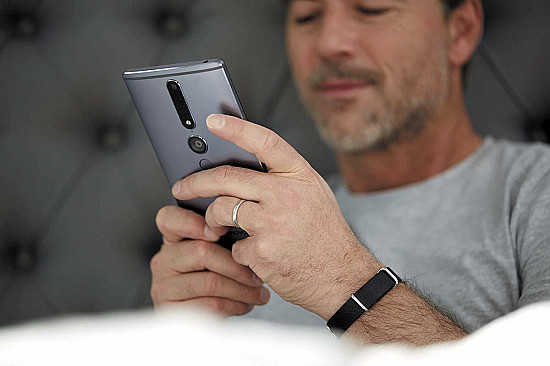How accurate are wearable heart rate monitors?
Research we're watching

Smart watches and wrist-worn fitness trackers that estimate your heart rate appear to be reliable in people with a range of different skin tones. But their accuracy may vary during different types of everyday activities, a new study finds.
Researchers recruited 53 people with different skin tones to test six different devices, which work by measuring changes in blood flow through the skin using a special sensor. The volunteers also wore electrocardiogram patches (which provide a gold-standard heart rate measurement) while they did different activities: sitting still, breathing deeply, walking, and typing.
The researchers found no appreciable differences in heart rate accuracy among people with light, medium, or dark skin tones. But the accuracy varied somewhat for different activities. Walking tended to cause the reported heart rate to be higher than the true heart rate. Typing caused the reported heart rate to be lower than the true heart rate, perhaps due to wrist movements during typing that affected the sensor's skin contact. The findings were published online February 10 by NPJ Digital Medicine.
Image: © kali9/Getty Images
Disclaimer:
As a service to our readers, Harvard Health Publishing provides access to our library of archived content. Please note the date of last review or update on all articles.
No content on this site, regardless of date, should ever be used as a substitute for direct medical advice from your doctor or other qualified clinician.















